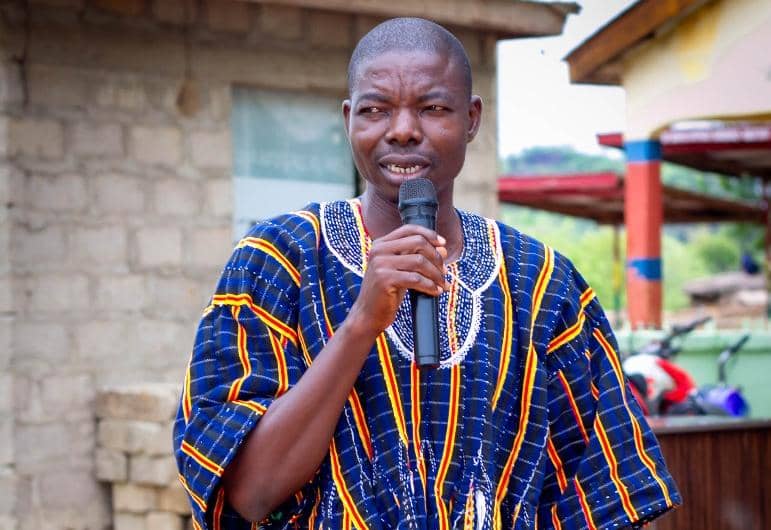Tax consultant and Bolgatanga Technical University lecturer Awineyesema Abiire is urging the Ministry of Finance to introduce stronger policies to curb illicit financial flows (IFFs) and reform the national tax structure to protect citizens under the government’s Reset Agenda.
In an open letter to the Minister of Finance, Mr. Abiire said addressing IFFs is critical to safeguarding public revenue and reducing unnecessary tax pressure on households and businesses. He noted that Ghana continues to lose significant resources through tax evasion, trade misinvoicing, and illicit profit-shifting, practices that undermine domestic revenue mobilization and weaken economic growth.
IFFs remain a major challenge across Africa, where billions of dollars leave the continent annually through illegal or concealed channels. Global bodies have long warned that such losses drain public-sector investment capacity, limit social service delivery, and deepen poverty while strengthening criminal networks.
Mr. Abiire argued that combating these leakages—through tighter audit controls, transparency reforms, and strengthened oversight of cross-border transactions, would help secure revenue more effectively than repeatedly increasing taxes on citizens.
He added that excessive taxation contributes to public hardship and contradicts the stated goals of the Reset Agenda.
In his letter, Mr. Abiire praised the ministry’s performance since the presentation of the March 2025 Budget Statement, saying it demonstrates that Ghana’s economic recovery “is being led by men with brains.” He said earlier criticism of the budget has been disproven by its early successes.
Despite these gains, he expressed dissatisfaction with the current income tax framework, arguing that it prioritizes revenue mobilization over economic empowerment and citizen welfare.
He said taxation, traditionally intended to redistribute income, promote investment, and protect citizens, has increasingly become “a tool for exploitation, mutilation and slavery.”
Mr. Abiire recalled that when the current minister served as deputy minister, Ghana’s highest tax bracket was 25 percent, a structure he said promoted savings, enterprise growth, and job creation. He called for a return to such a people-centred model to spur socioeconomic development.
He also criticized successive governments for wasteful public spending, corruption, and weak expenditure management, citing the recurring issue of “ghost names” on public payrolls as evidence of systemic mismanagement.
Beyond tackling IFFs, Mr. Abiire recommended shifting from royalty-based models to production-sharing arrangements in mining and petroleum, while adding value to raw materials to increase national revenue retention.
He concluded by expressing confidence that the minister’s leadership could usher in “hope, progress, and a fresh breath of nationalism” if reforms prioritize fairness, sustainability, and economic justice.
Source: a1radioonline.com|101.1Mhz|Mark Kwasi Ahumah Smith|Bolgatanga


